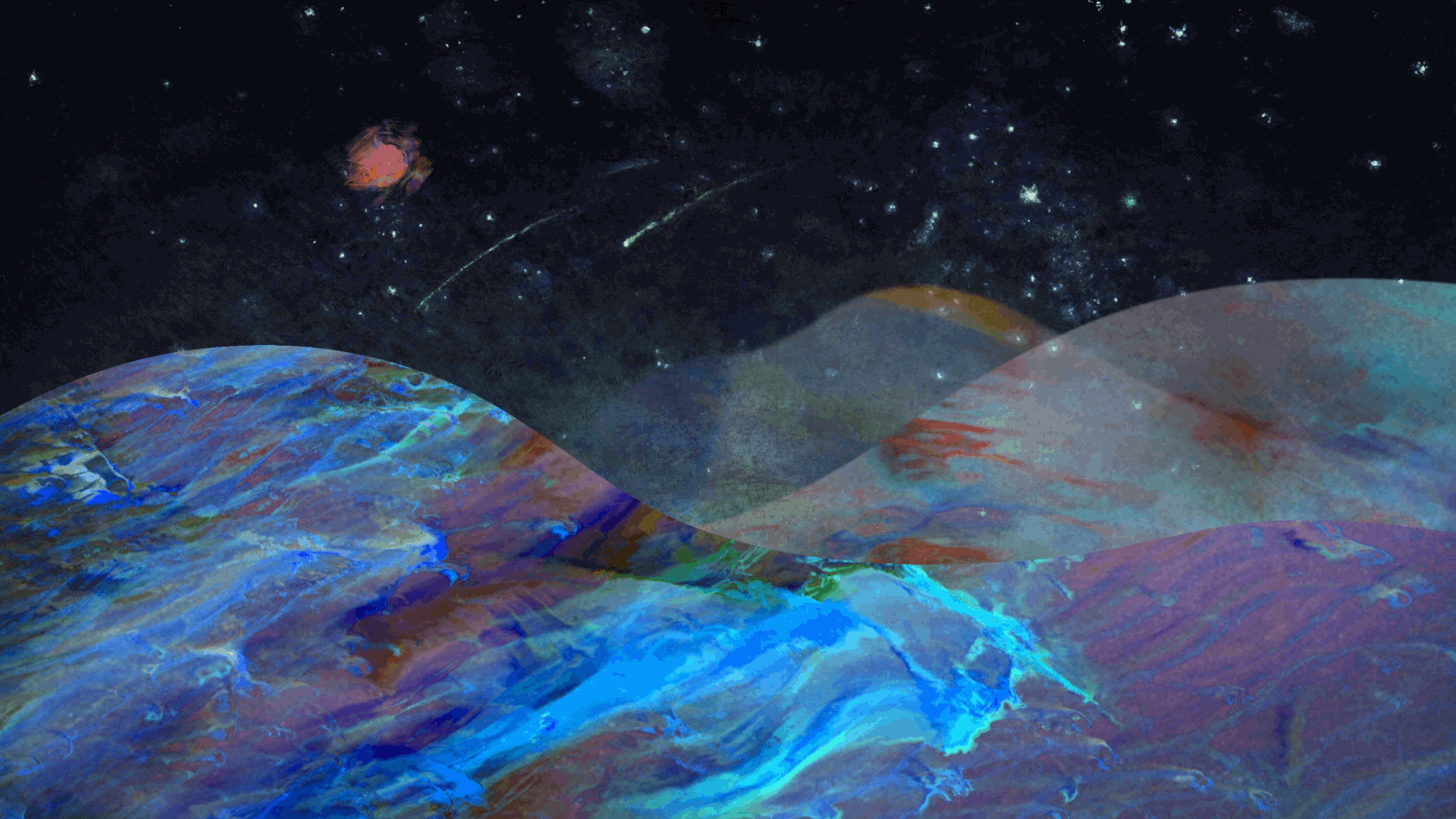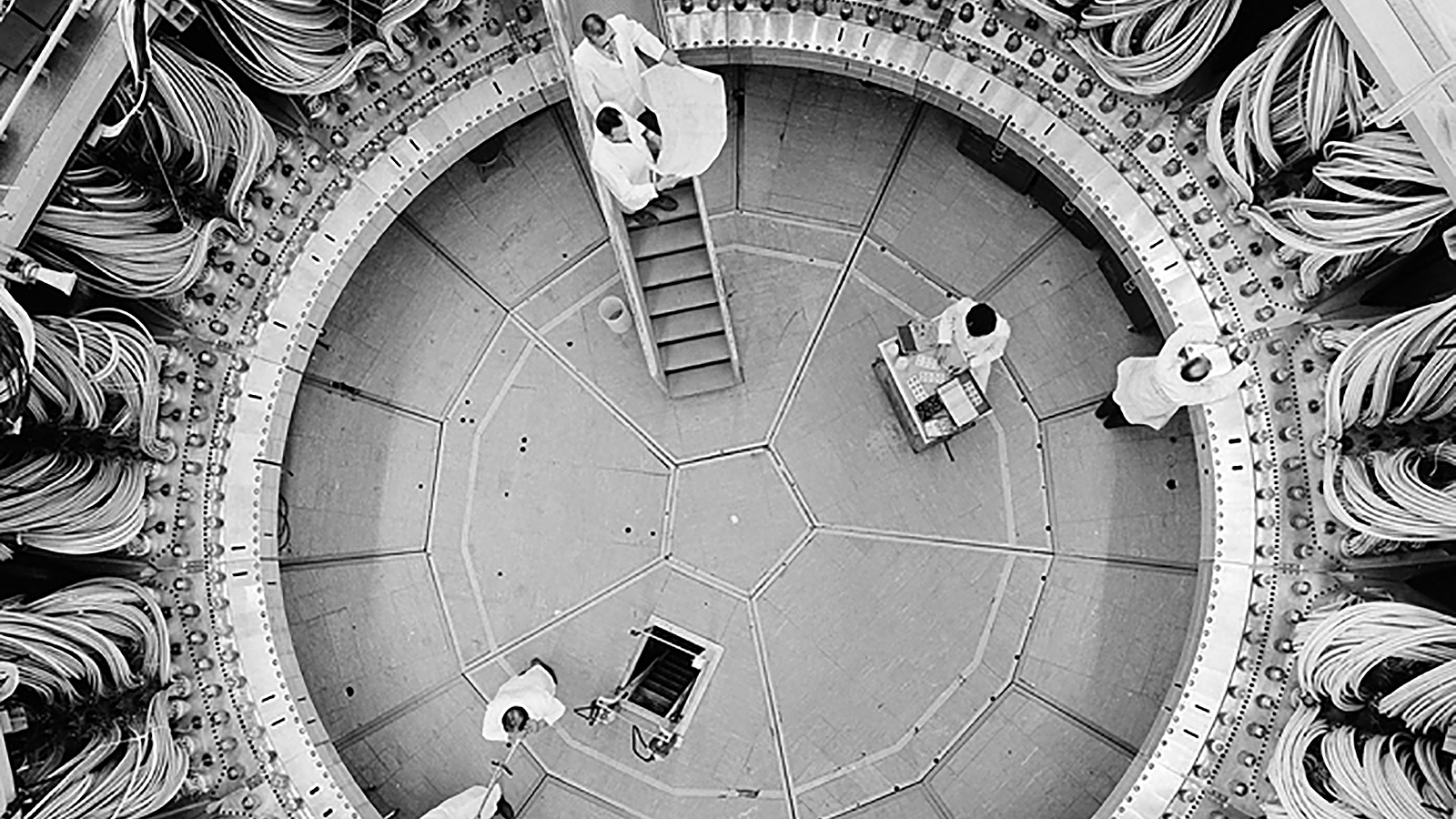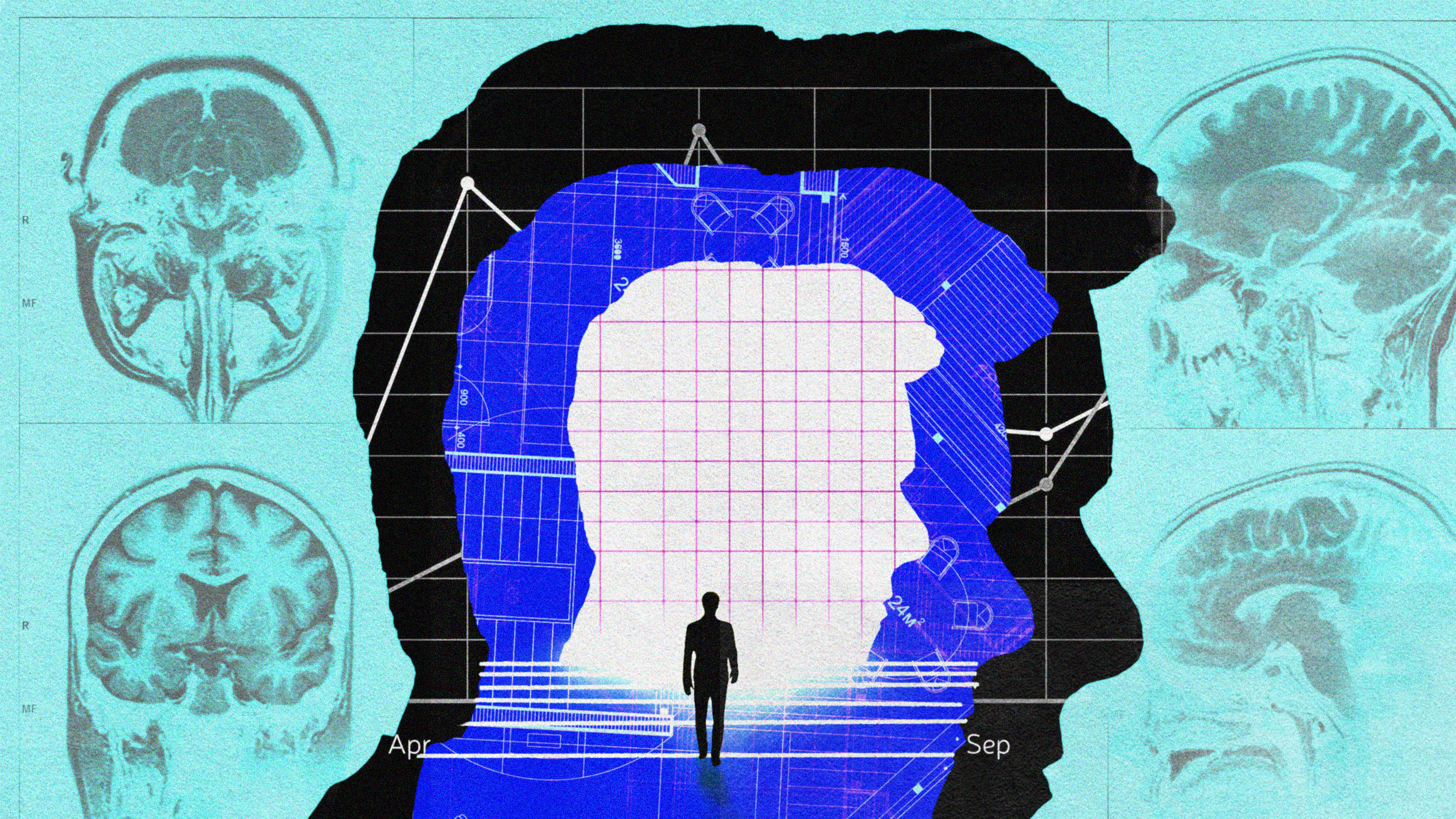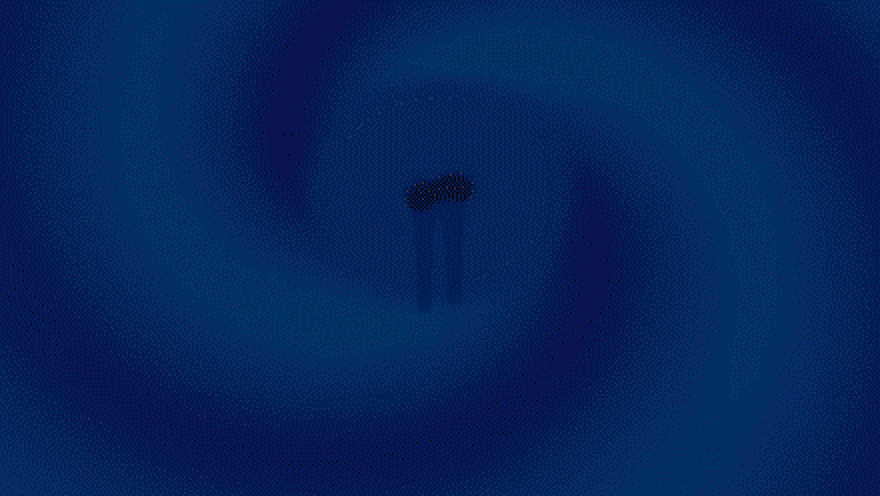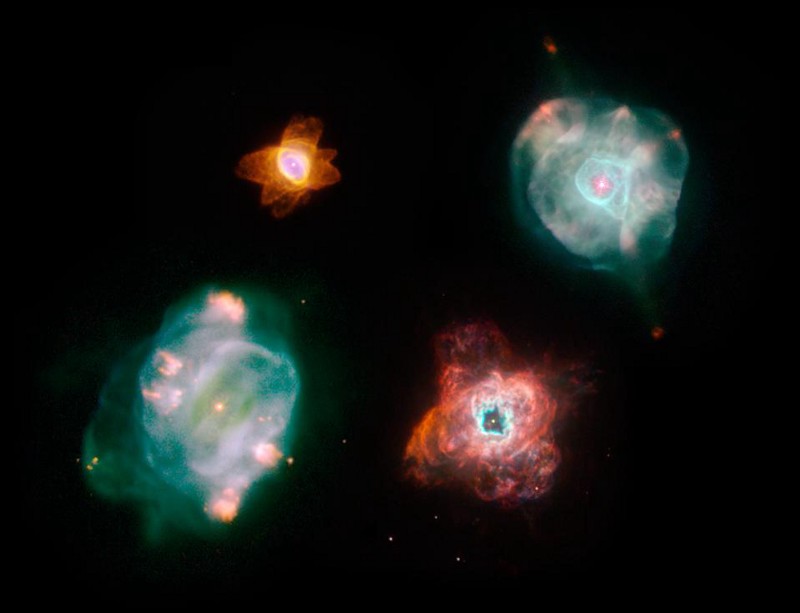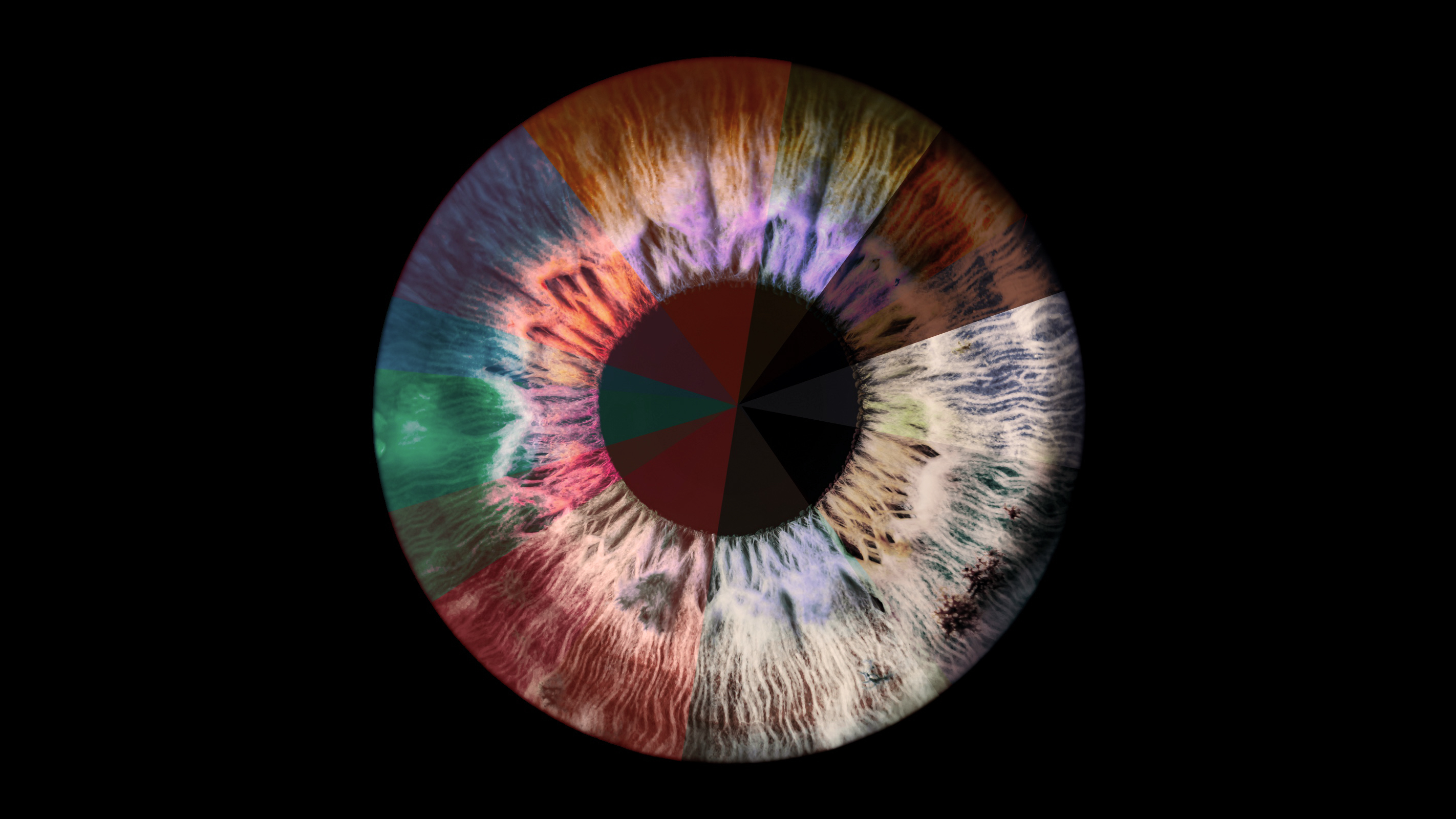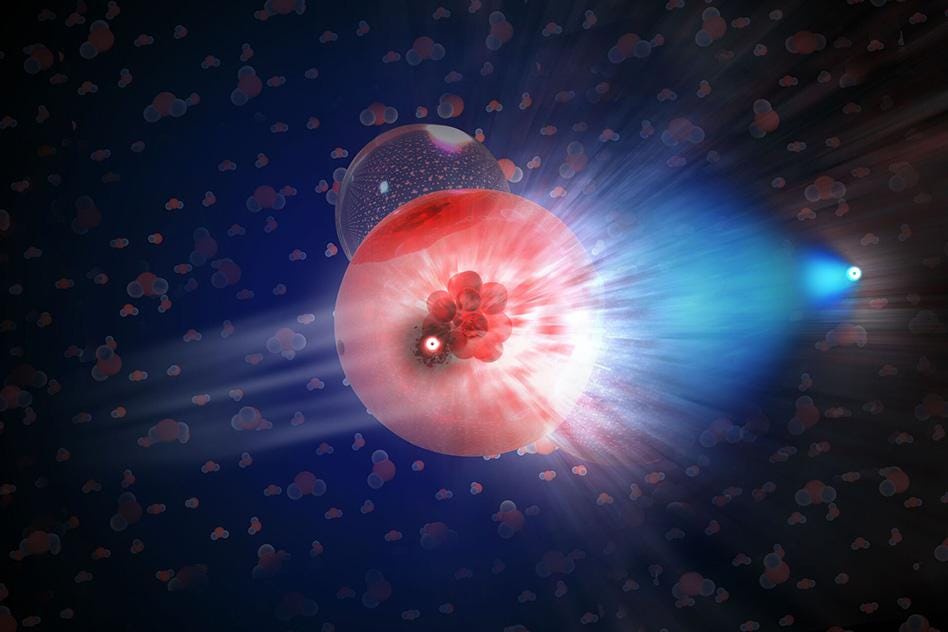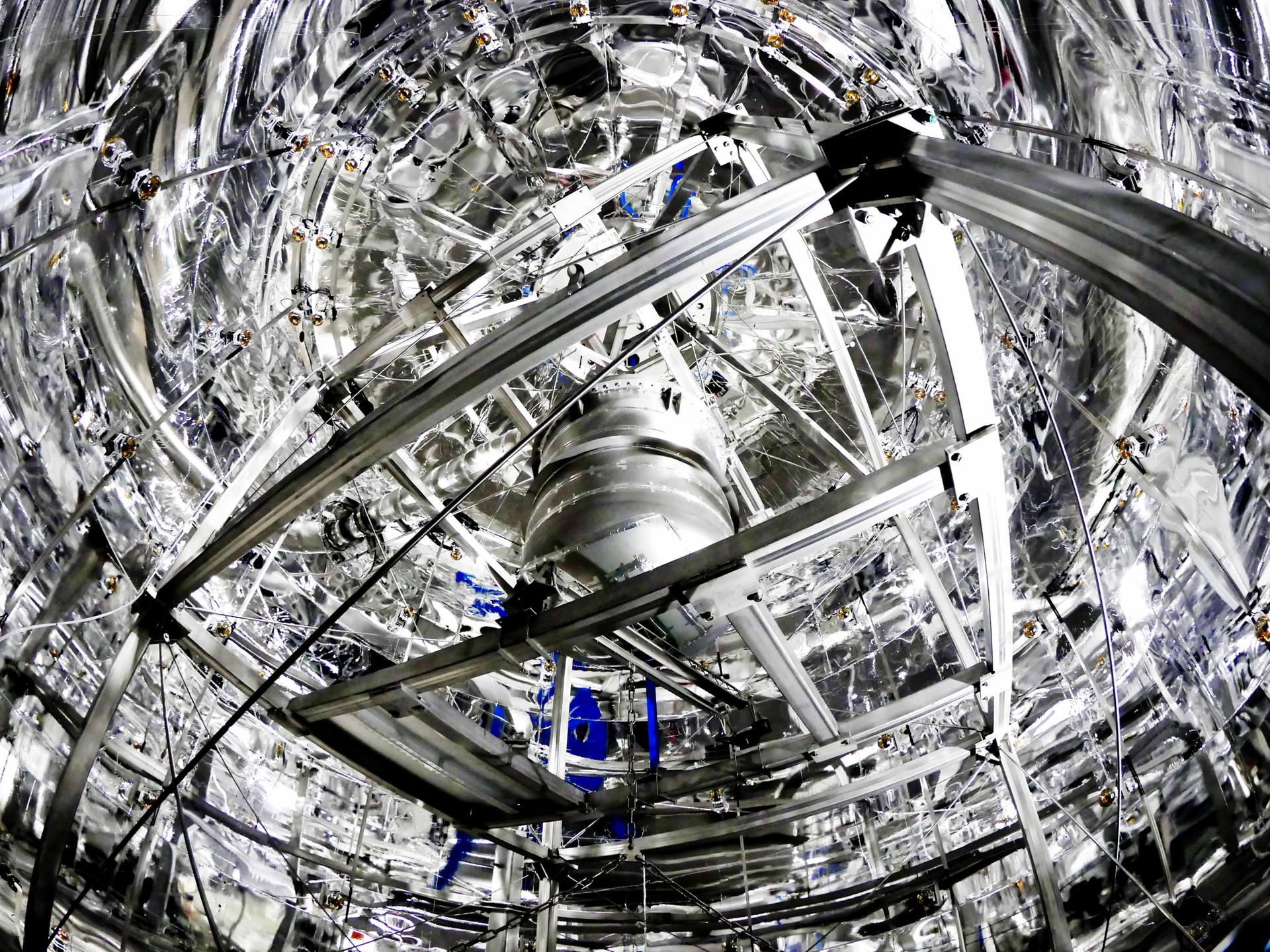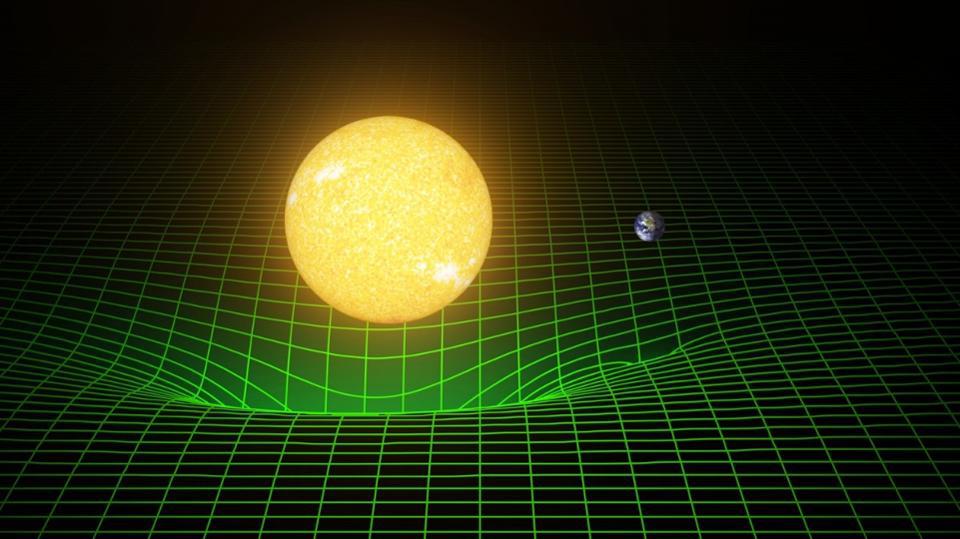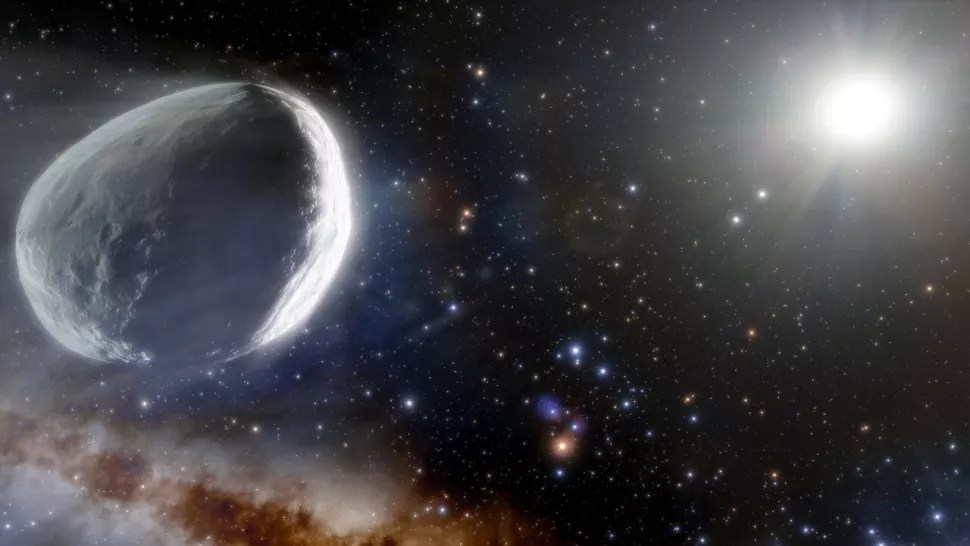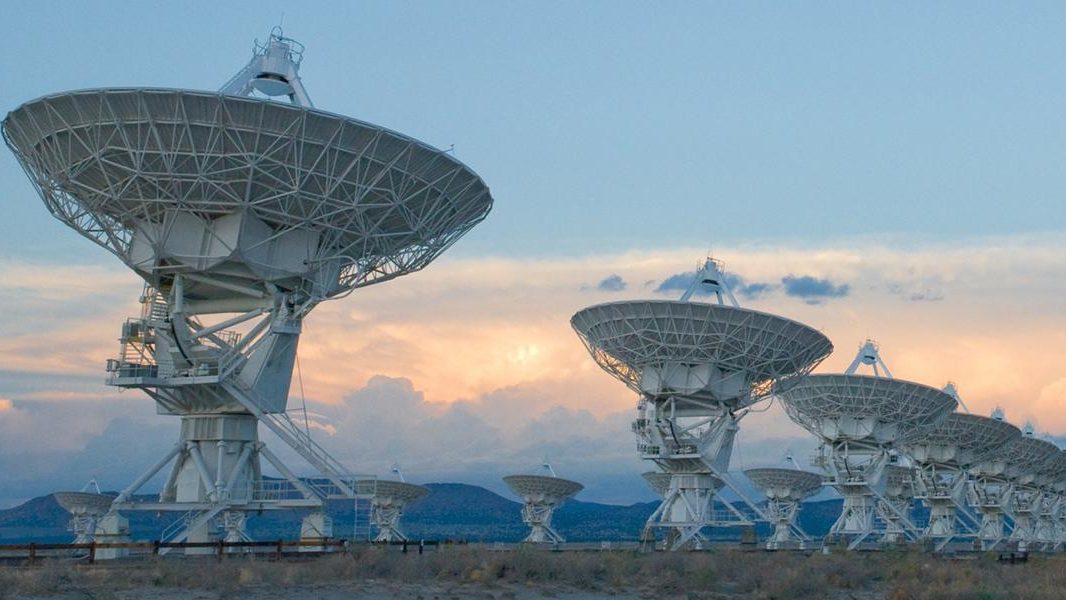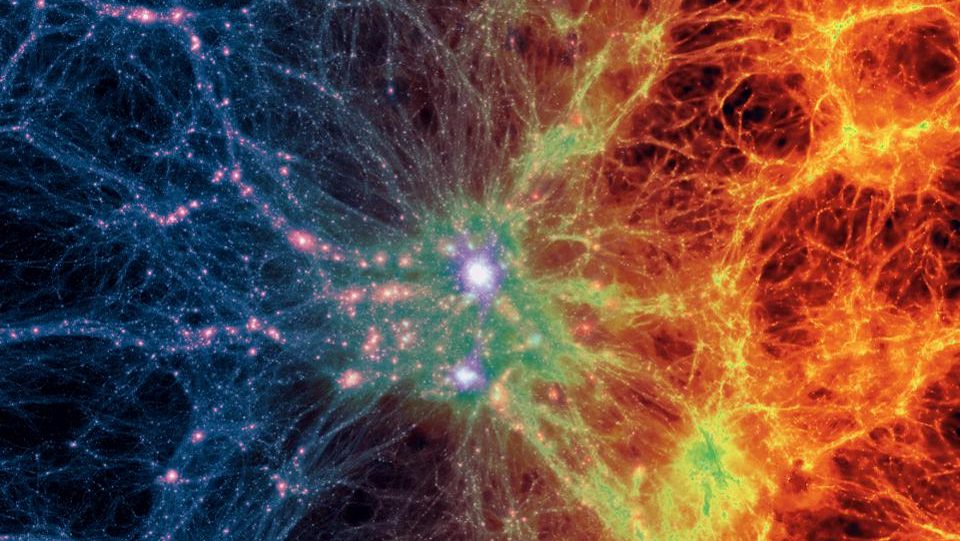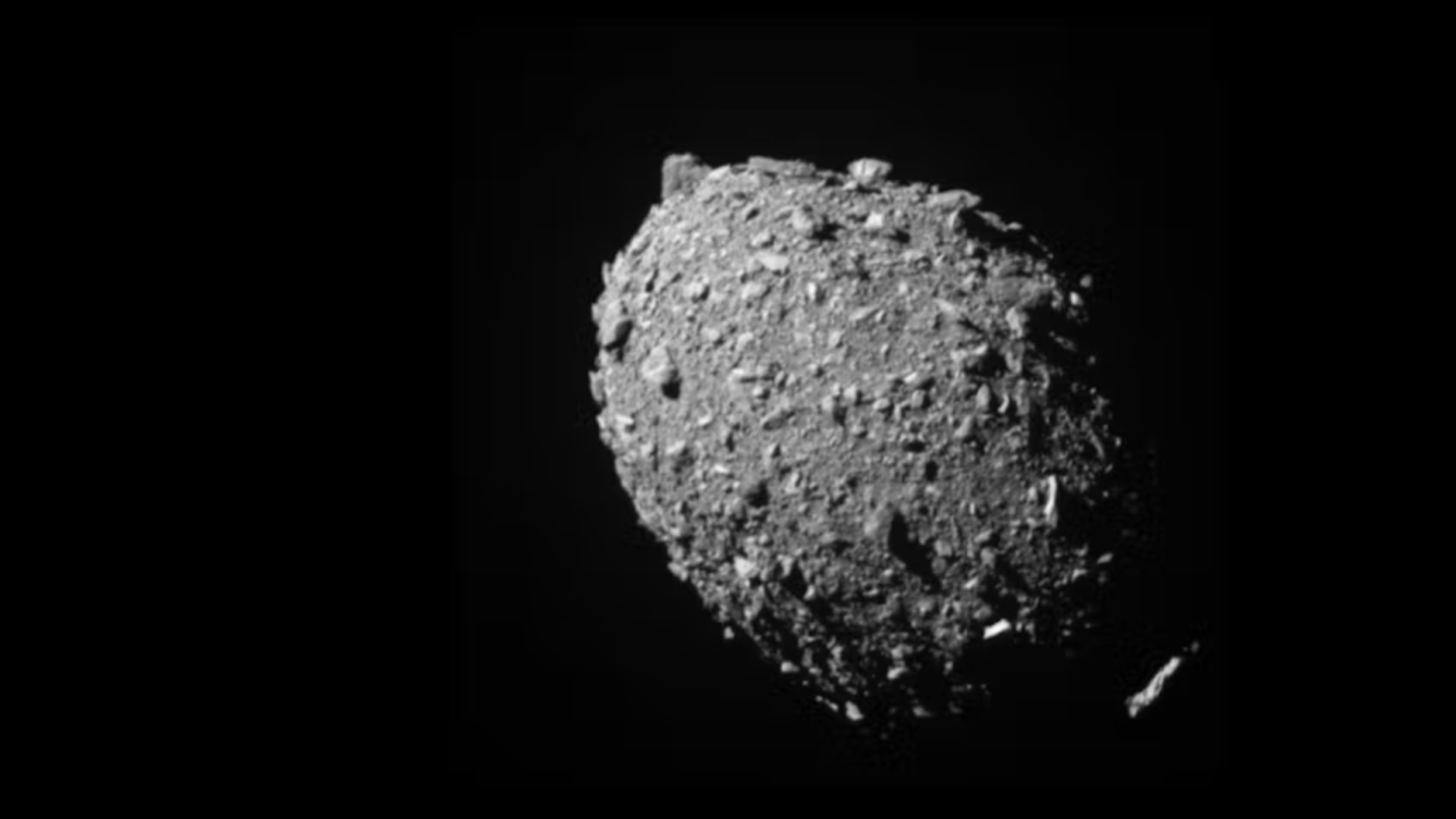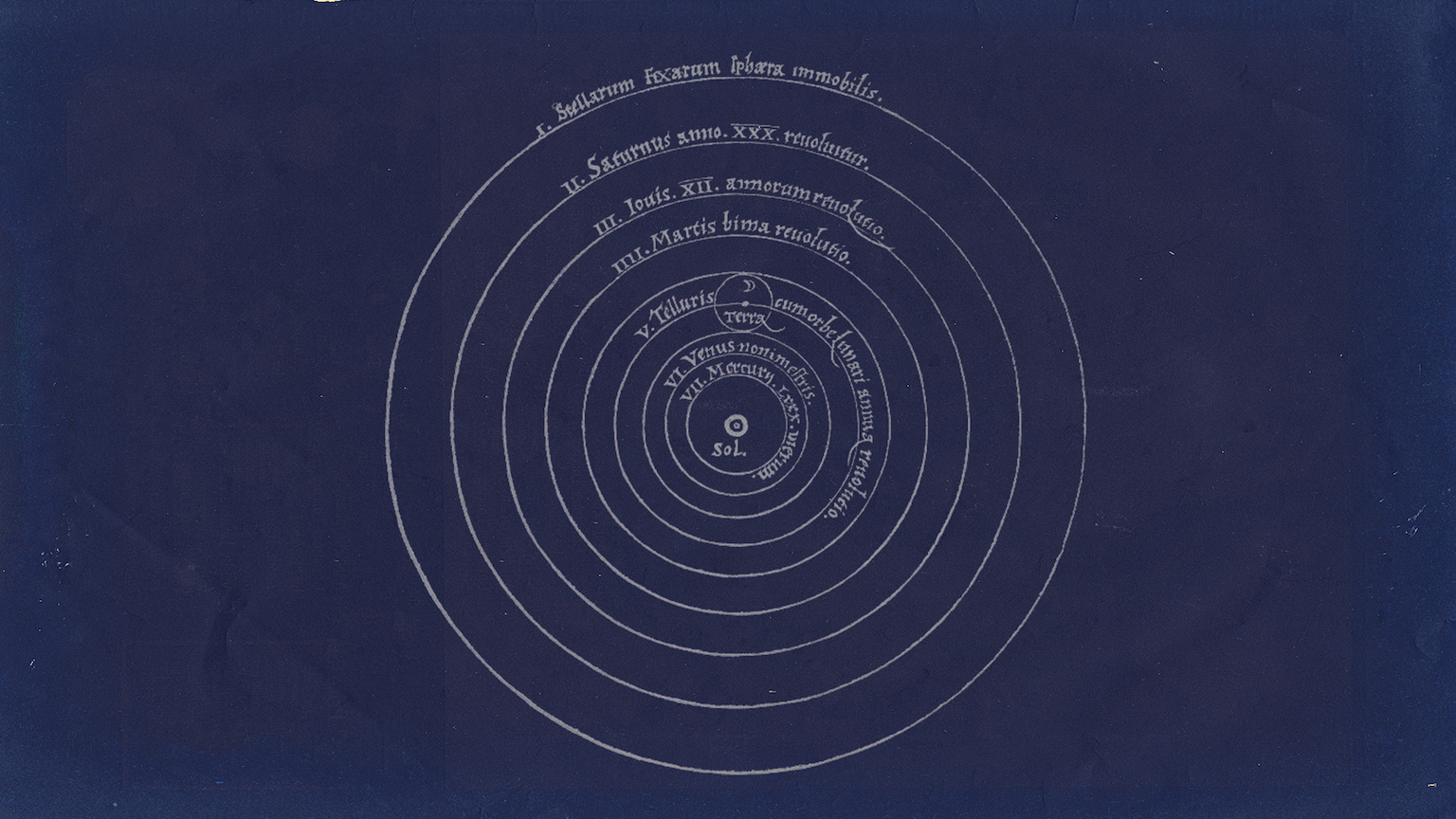Search Results
You searched for: sun
But it’s still challenging to build a 22,000-mile elevator.
A philosophical debate spanning creation, free will, and a sneaky teapot.
Don’t put all your eggs in one basket.
This company uses thousands of mirrors, AI, and machine learning to unlock the power of the sun.
▸
9 min
—
with
9 minutes of cruel history may cure the anti-progress delusion.
We’ve wasted our time and resources ideologically policing and punishing each other for far too long. Here’s a better route to prosperity.
Big Think Business columnist Eric Markowitz prefaces his new series on long-term thinking with the experience that almost cut his life short.
The ultimate multi-messenger astronomy event would have gravitational waves, particles, and light arriving all at once. Did that just occur?
Retrofitting America’s aging dams for hydropower — while removing ecologically harmful ones — may be a productive path forward.
Just like with AI, people worried about job security and the spread of disinformation. Machines were destroyed and book merchants were chased out of town.
If we wish to tackle the very real problems society faces, we require expert-level knowledge. Valuing it starts earlier than we realize.
50% of stars are in Sun-like ‘singlet’ systems. The planetary nebulae we see just don’t line up. Around 7 billion years from now, our Sun’s life will end. As the Sun […]
Today, the F-word is enjoying a renaissance the likes of which it hasn’t seen since, well, the Renaissance.
Eyes with lower pigment (blue or grey eyes) don’t need to absorb as much light as brown or dark eyes before this information reaches the retinal cells. This might provide light-eyed people with some resilience to SAD.
Here’s what the weather phenomenon baking large parts of the country actually means.
Searching for dark matter, the XENON collaboration found absolutely nothing out of the ordinary. Here’s why that’s an extraordinary feat.
With a bigger, better, and more sensitive detector, the XENON collaboration joins LZ and PANDA-X in constraining WIMP dark matter.
Steam cars hit the U.S. market in the 1890s but were largely extinct by the 1930s. Will technology bring them back?
In the spirit of the 1969 moon landing, we now have a golden opportunity to pursue “nondisruptive” creative solutions.
Most waves need a medium to travel through. But the way that light and gravitational waves travel shows that space can’t be a medium at all.
A new study shows that the Bernardinelli-Bernstein Comet is much larger than previously thought — potentially the largest ever spotted.
There really might be extraterrestrials out there, attempting to make contact. Here’s how science, not fiction, is attempting to find them.
Two parts of our Universe that seem to be unavoidable are dark matter and dark energy. Could they really be two aspects of the same thing?
Today, it’s common knowledge, but it took scientists centuries to figure out.
The DART mission tested whether it’s possible to deflect an asteroid by crashing something into it.
“Even with my training, I still got insights from the book’s descriptions. That’s how good Carroll is at explaining physics.”
The Copernican principle states that Earth is an ordinary planet, but that does not mean that life is ordinary in the universe.
Following the advent of human space flight, NASA began naming missions after children of Zeus.
The search for worlds outside our solar system has just turned up a planet, TOI-2257 b, with a truly extreme orbit.
